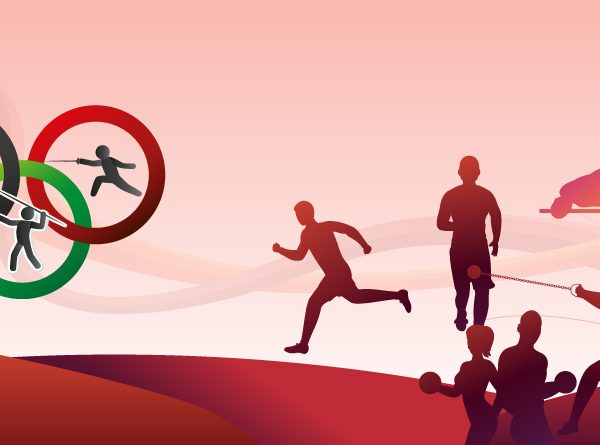The Olympics, the world’s largest sporting event, celebrates togetherness, excellence, and sportsmanship. This worldwide spectacular, held every four years, draws together athletes from many nations to compete in a spirit of brotherhood and physical skill. The Olympics transcend borders, languages, and cultures, bringing people from all over the world together in a common respect for the power of athletics. This essay will examine the Olympics’ significance as a worldwide celebration and how it encourages international collaboration, motivates individuals, and builds community.
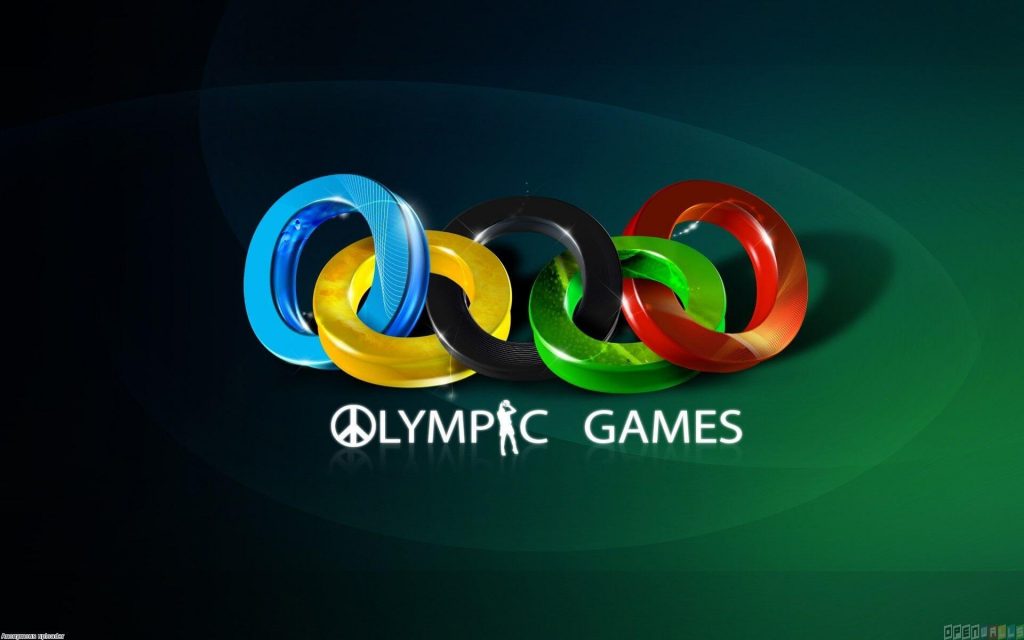
Historical Background
The Olympics have a long history that dates back to ancient Greece when the Games were first conducted as an homage to the gods. In contemporary times, the rebirth of the Olympics in 1896 attempted to promote international peace and understanding via friendly competition.
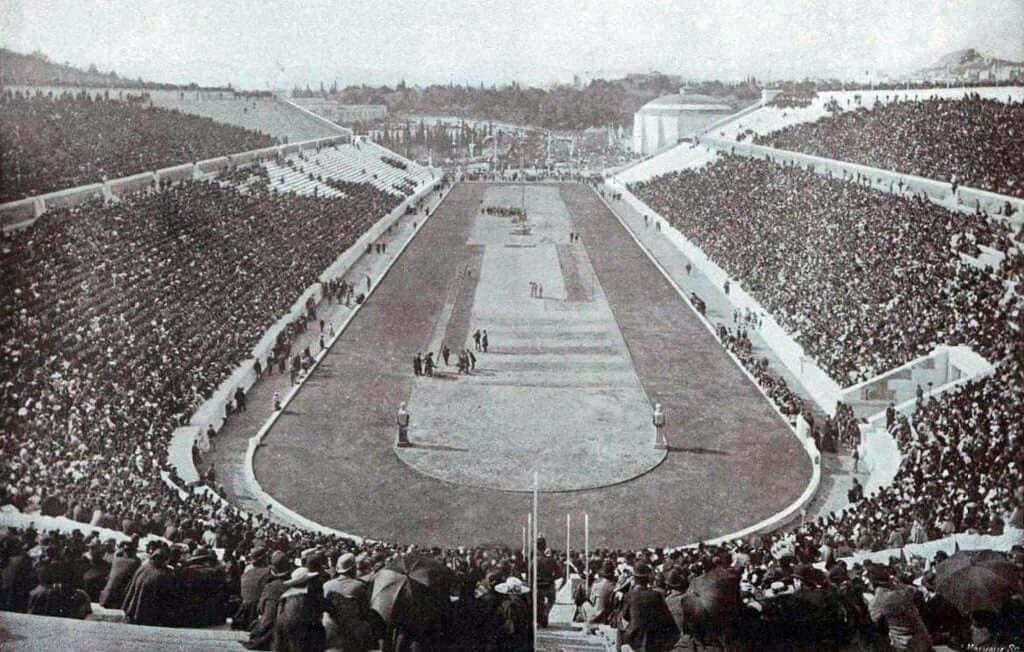
Since then, the event has developed at an exponential rate, becoming a global phenomenon that captivates people all over the world. The Olympic rings, which reflect the unification of the five continents, have become a symbol of the event’s worldwide character.
The Ancient Olympics:
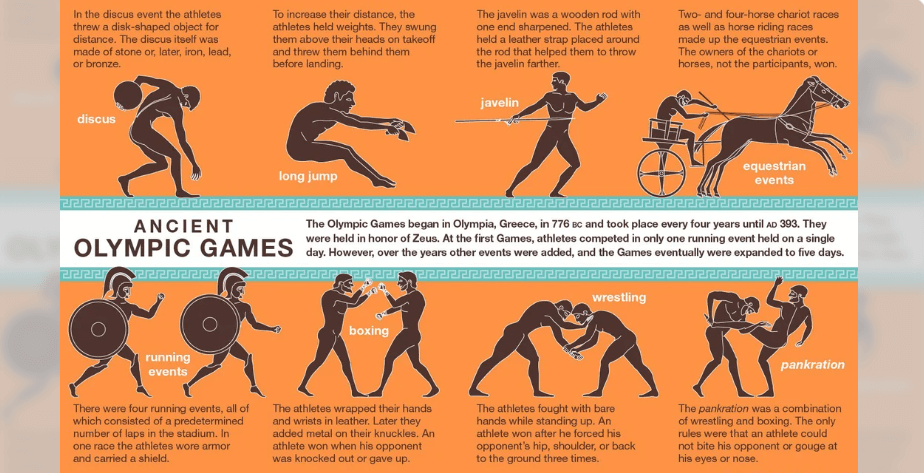
The ancient Olympic Games originated as a religious celebration devoted to the deity Zeus in Olympia, Greece, in 776 BC. Every four years, athletes from various Greek city-states participated in multiple activities, including foot races, wrestling, and chariot racing. The Games were more than a sporting event; they celebrated Greek culture, bringing people from all across the country together and fostering peace. Women were not permitted to compete or even attend the games.
After a roughly 1,500-year break, the modern Olympic Games were created in 1896. The notion of resurrecting the Olympics was presented by French Educator Baron Pierre de Coubertin, who felt that sports might foster international peace and understanding. The first modern Olympics were held in Athens, Greece, with 241 participants representing 14 countries participating in 43 events across nine sports.
The Games have increased in size and popularity since the inaugural modern Olympics, becoming the world’s largest international athletic event. The number of participating countries has grown from 14 in 1896 to over 200 in recent years, as has the variety of sports and activities. Over the years, other sports have been included in the Olympics, such as basketball, volleyball, and snowboarding, to mention a few.
Modern Olympics
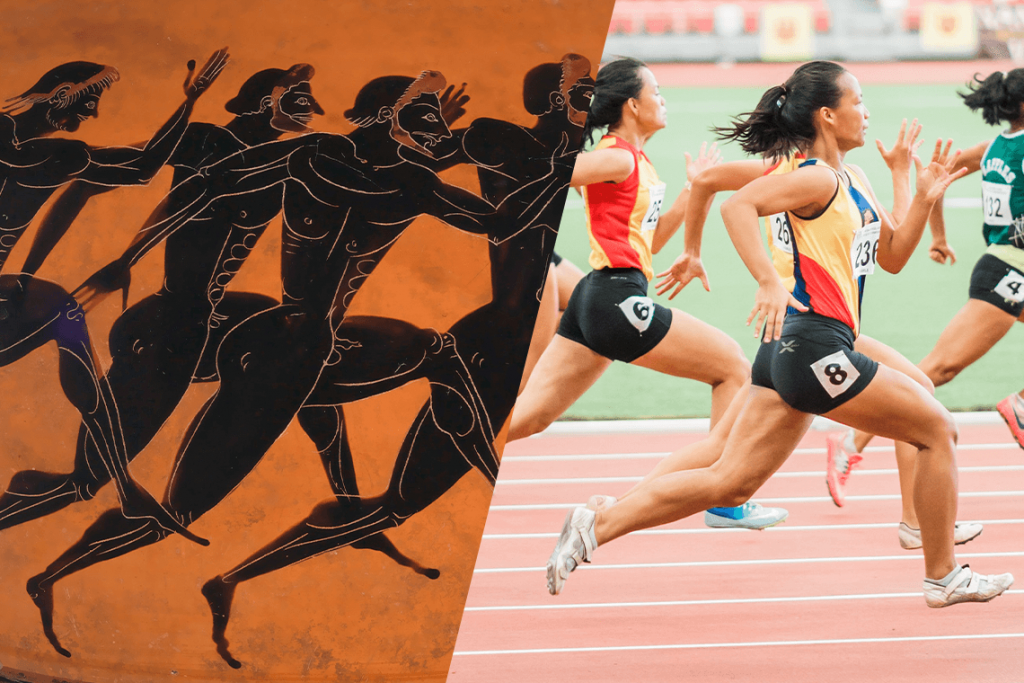
Through the force of sport, the contemporary Olympic Games have become a worldwide festival that transcends boundaries and unifies nations. The Olympics have developed rapidly since their rebirth in 1896, drawing viewers worldwide and symbolizing international collaboration and athletic prowess.
Unifying Nations:
The contemporary Olympics have become a monument to the power of sport in building international solidarity and understanding. Athletes worldwide assemble every four years to compete in a spirit of fair play and mutual respect, putting aside political differences and promoting peace.
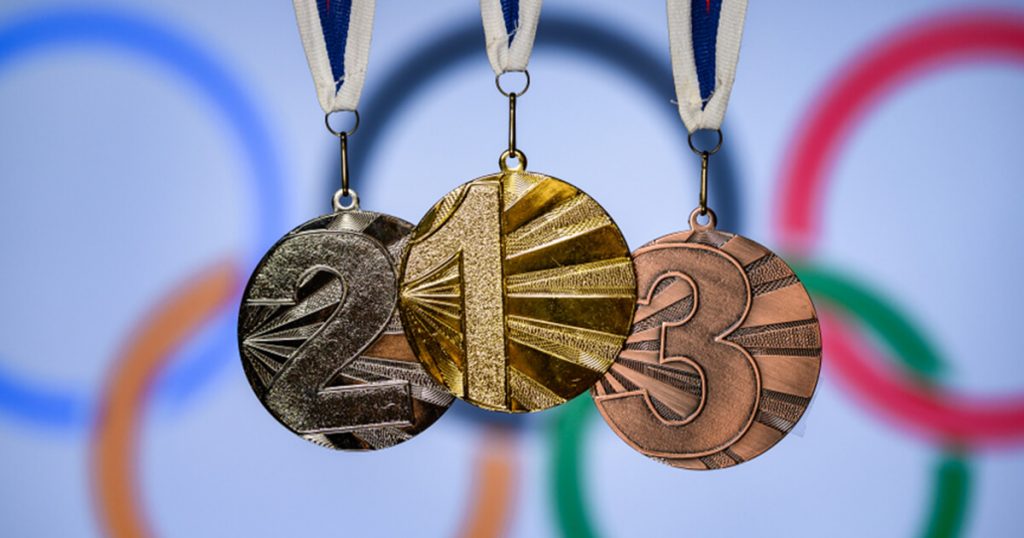
The Games give athletes a platform to demonstrate their abilities, cultural history, and national pride while underlining humanity’s common ideals. Nations discover common ground and enhance their relationships through the Olympics, promoting a feeling of global togetherness.
Expanding Sports and Events:
The number of sports and events in the contemporary Olympics has increased dramatically. The Games have expanded from the initial nine sports in 1896 to encompass various disciplines ranging from classic athletics to lesser-known sports and even recently added marks like skateboarding and surfing.
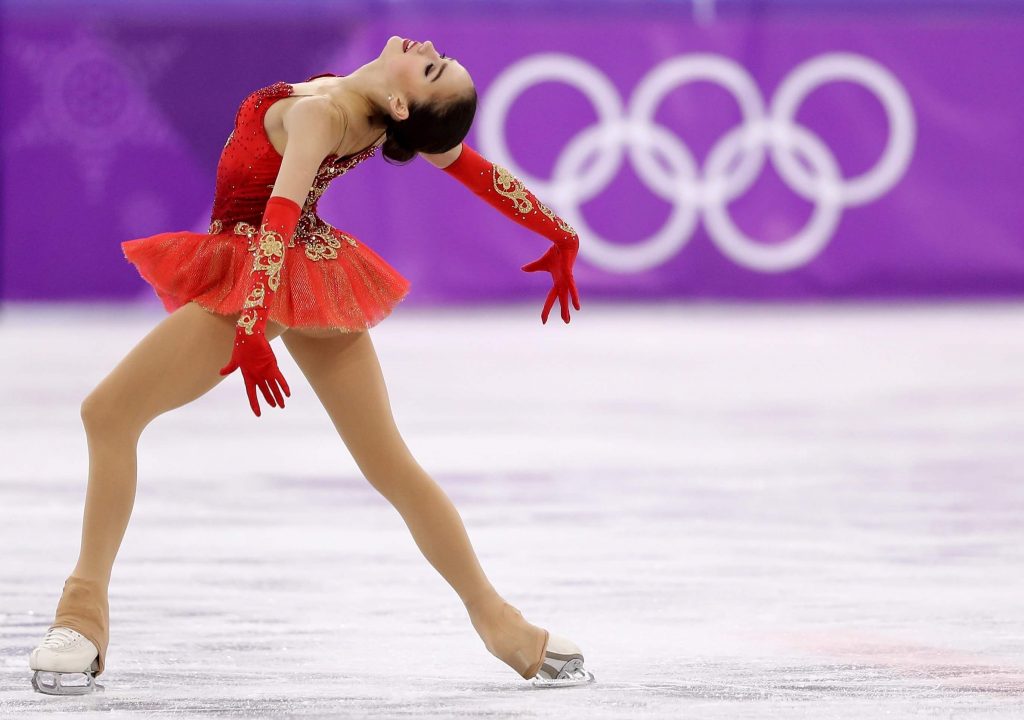
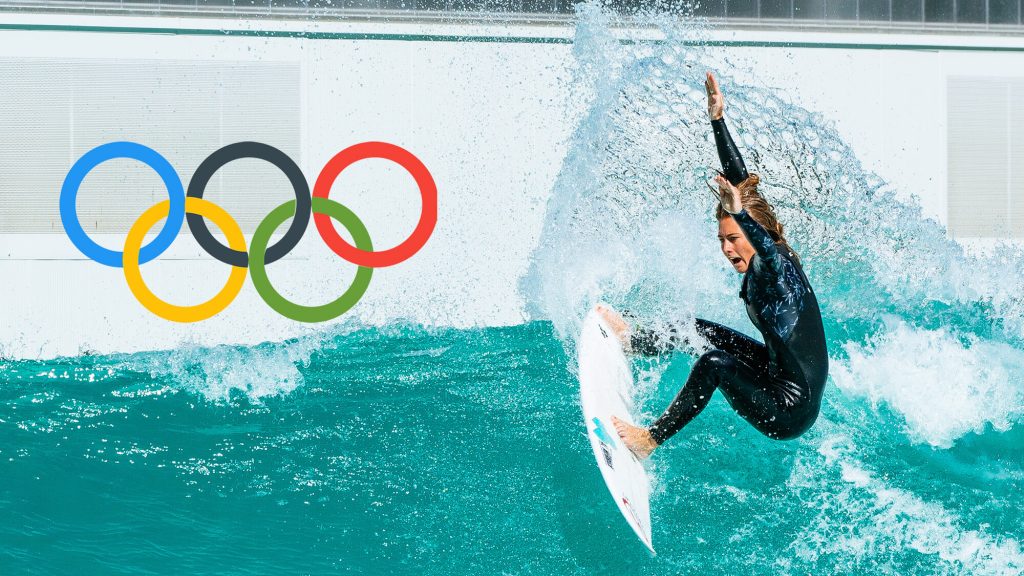
They are incorporating new sports attempts to reach younger viewers while reflecting the worldwide community’s shifting interests and athletic achievements. The Olympics’ ongoing growth guarantees they stay relevant and exciting to people of different backgrounds and interests.
Inclusion and Gender Equality:
The growing emphasis on inclusivity and gender equality is one of the modern Olympics’ significant advances. Efforts have been made to guarantee equal representation and opportunity for male and female athletes.
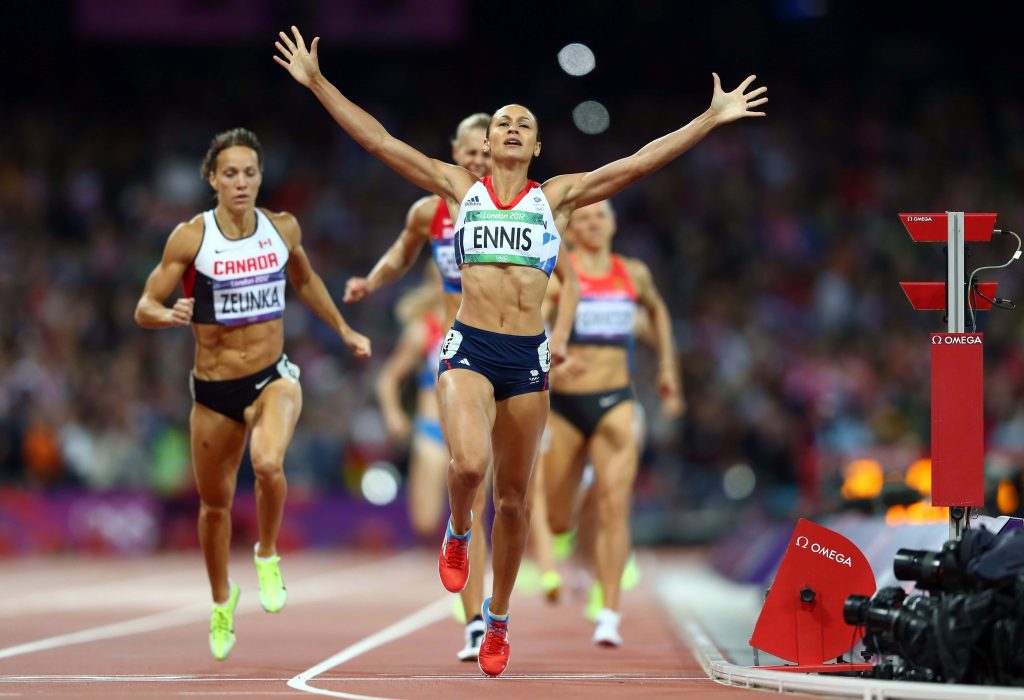
The Olympic Charter encourages gender equality, and the number of events and athletes competing has been reduced to provide a more balanced representation. This dedication to diversity has improved the Games’ fairness and reputation and catalyzed cultural change, pushing girls and women worldwide to achieve their sporting aspirations.
Promoting International Cooperation:
The Olympics allow nations to put aside their differences and unite on a single stage. Regardless of political tensions or disputes, athletes compete side by side, proving that sport can transcend political and ideological borders.
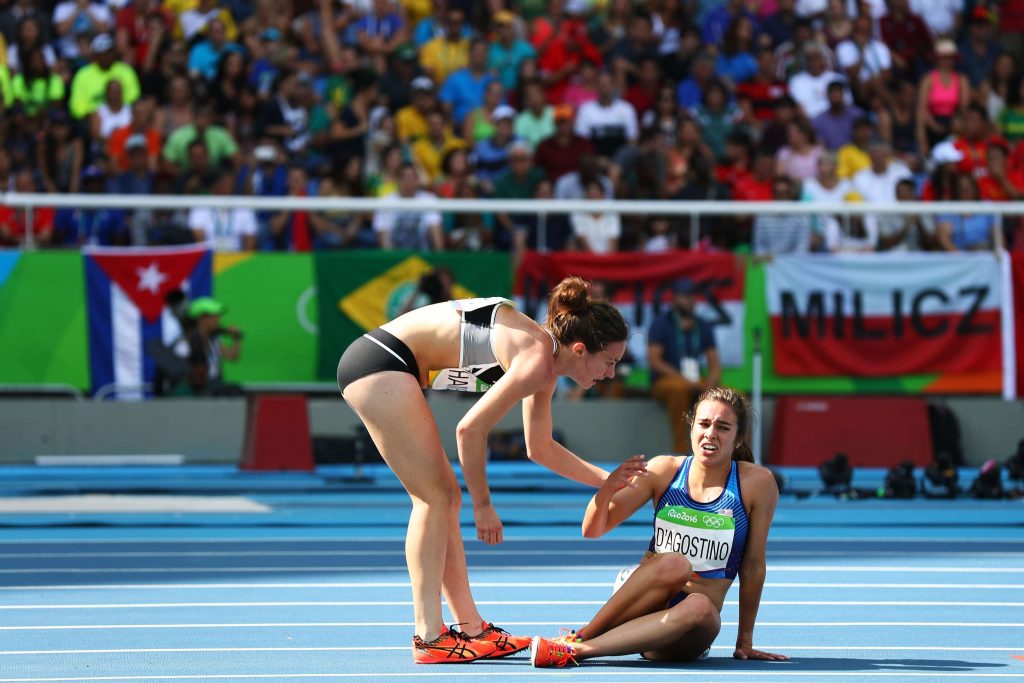
The Olympics develop a sense of unity by providing chances for communication and collaboration among nations via a culture of fair play and respect. The Games give a platform for athletes from across the globe to engage, learn from one another, and form long-lasting friendships, eventually contributing to a more peaceful and harmonious global society.
A Showcase of Diversity and Culture:
The Olympics reflect the world’s unique culture, customs, and diversity tapestry. From the Opening Ceremony through the Closing Ceremony, the Games highlight the distinct characteristics of the participating nations via clothes, music, dance, and art.
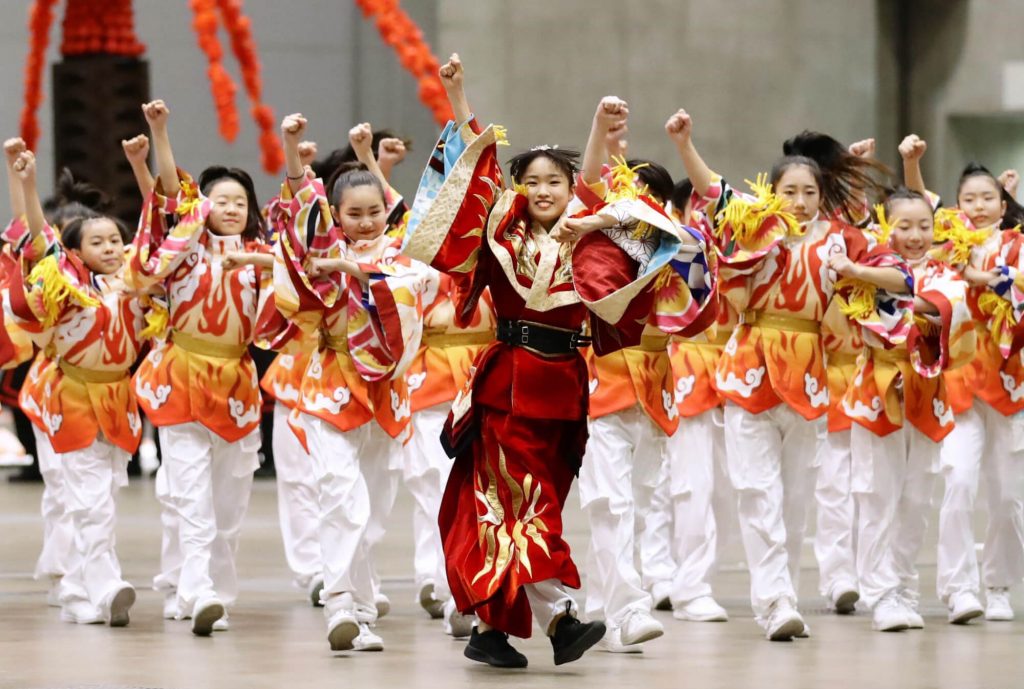
Athletes enthusiastically promote their country, serving as cultural ambassadors. This diversity festival fosters awareness and appreciation for many traditions and ways of life. The Olympics transform into a melting pot of global customs, instilling a feeling of global citizenship and promoting the notion that our diversity should be celebrated and accepted.
The Olympics exemplify the spirit of physical rivalry and provide a unique platform for celebrating the combination of sports and culture. Athletes worldwide assemble to demonstrate their abilities and strive for perfection, bringing the rich tapestry of their own cultures. This article investigates the tremendous effect of sports on culture and vice versa inside the Olympics, emphasizing how this unique combination nurtures variety, promotes understanding, and inspires worldwide solidarity.
Sports as a Reflection of Culture:
Sports have always been strongly connected with culture, reflecting a society’s beliefs, customs, and goals. This relationship becomes significantly clearer during the Olympics. Sporting events frequently have cultural origins, originating in specific locations and carrying the legacy of generations. Judo, for example, is associated with Japanese martial arts, but taekwondo is profoundly ingrained in Korean culture.
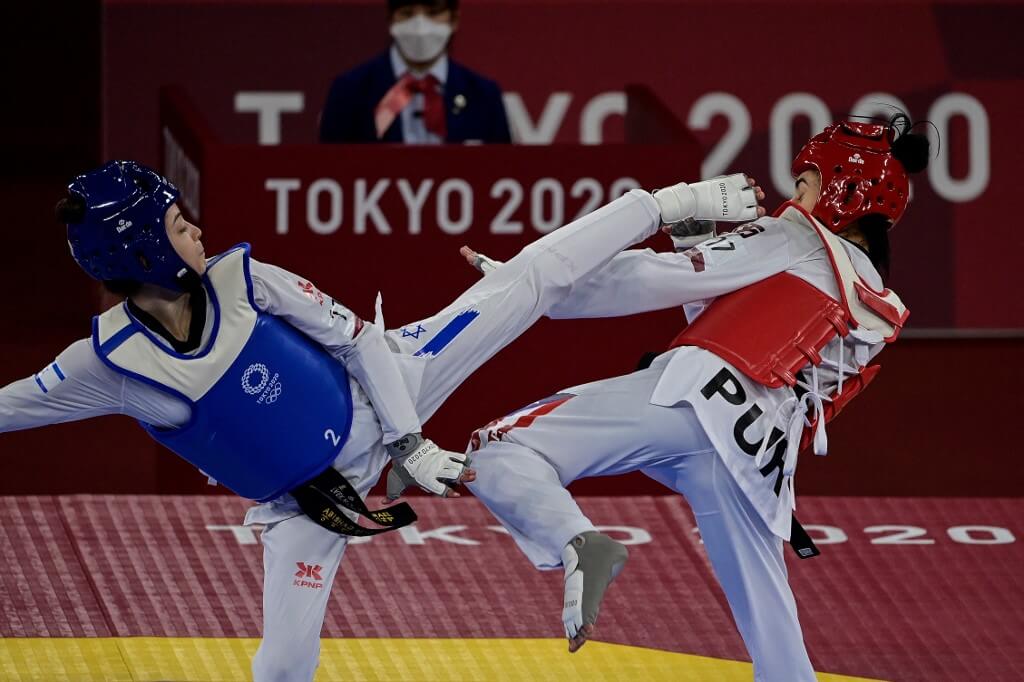
The Olympics highlight the worldwide fabric of athletic traditions by offering various sports from various origins, allowing competitors and fans to understand the cultural importance behind each discipline.
Cultural Showcases: Opening and Closing Ceremonies:
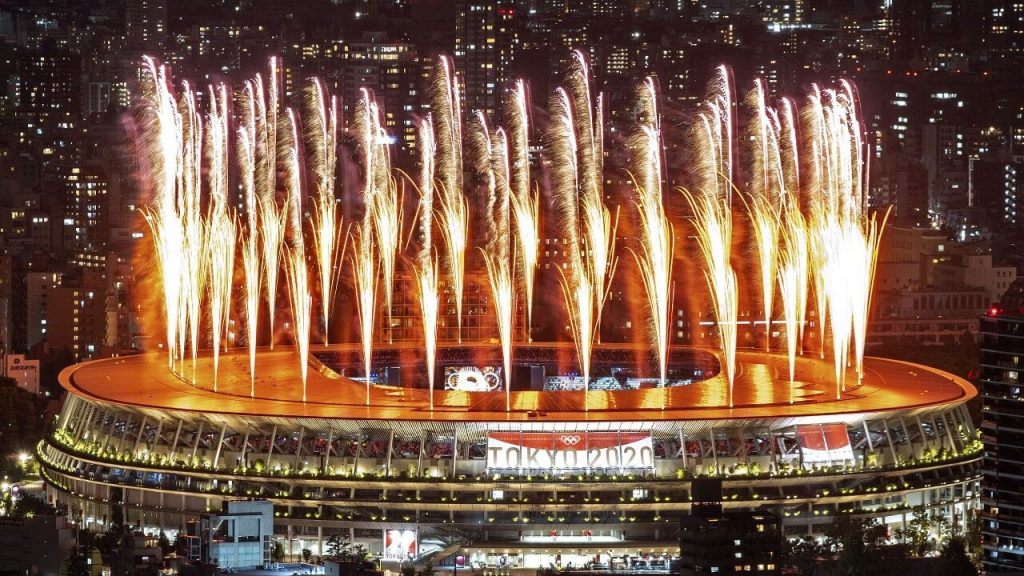
The Olympic Opening and Closing Ceremonies are stunning displays of culture in which host countries demonstrate their distinct traditions. From the splendor of traditional clothing and music to dazzling dance and visual art, these rituals let nations convey their cultural identity to the rest of the globe.
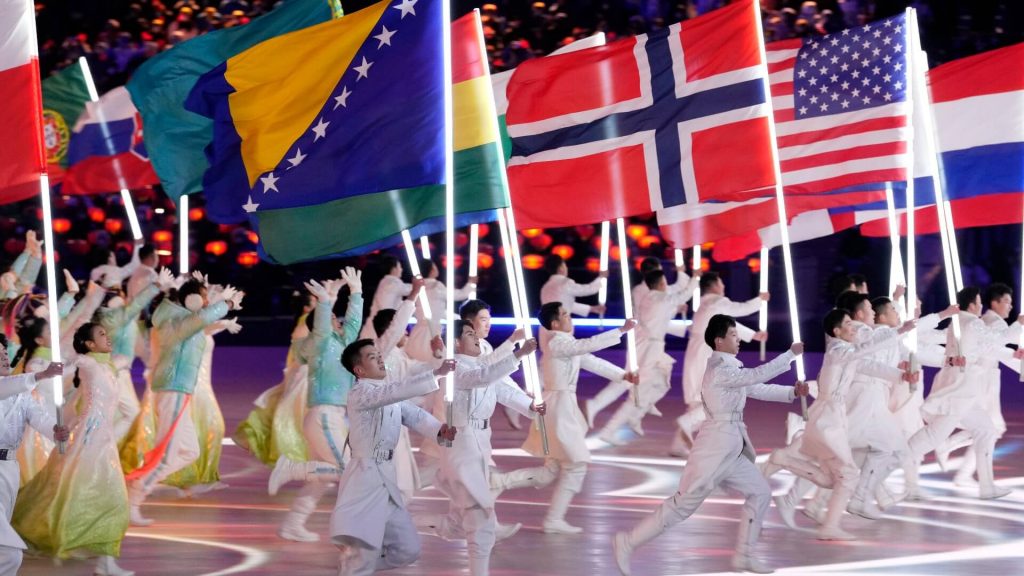
Countries celebrate their history, folklore, and creative manifestations via compelling performances, building cross-cultural respect and understanding. These ceremonies serve as a reminder that the Olympics are about more than just athletics; they are also about celebrating other cultures.
Symbolism and Iconography:
The Olympics are rich in symbolism and imagery, representing the fusion of sports and culture. The Olympic flame, for example, represents the perpetual flame that burnt in ancient Greek temples and has historical and mythical importance.
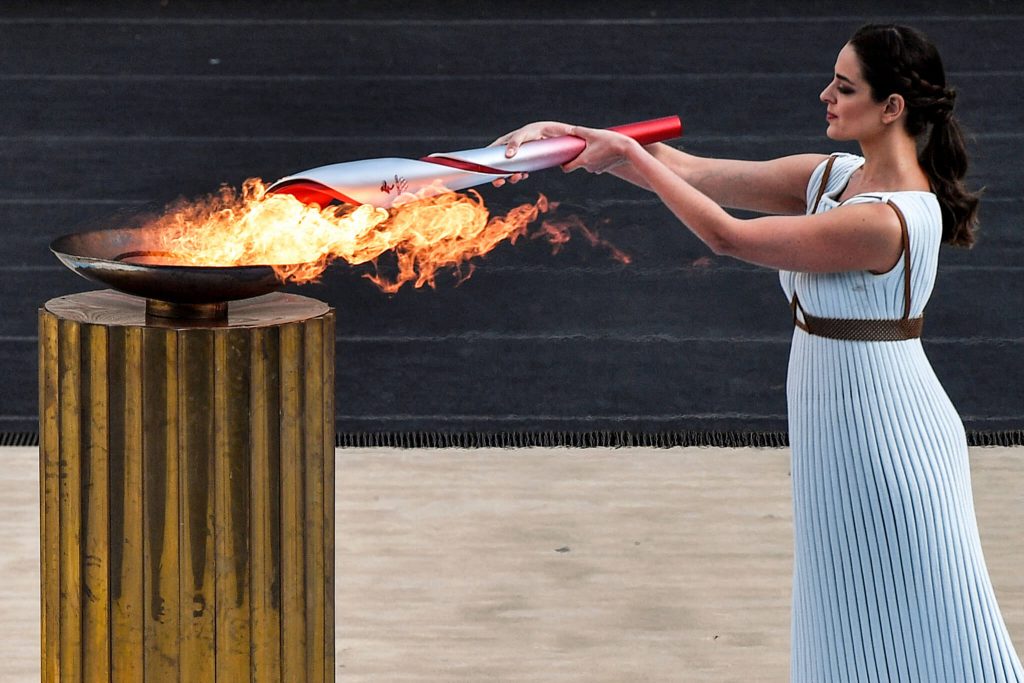
The Olympic flag’s interwoven circles represent the five continents’ oneness. These emblems inspire a feeling of tradition and worldwide collaboration, reminding us of the Games’ cultural roots. The Olympics sends a message of inclusiveness and solidarity across boundaries through these tremendous symbols.
Mutual Influence:
Sports Shaping Culture and Culture Shaping Sports: The effect of sports and culture is a two-way street within the Olympics. Culture can influence how sports are done and perceived, and marks may also change the culture. Iconic athletes transcend athletics and become cultural icons, inspiring and influencing society. Their accomplishments, tenacity, and sportsmanship have left an indelible mark on the cultural fabric of their respective countries and beyond. Olympic heroes’ tales become part of our collective cultural narratives, exemplifying the ideals of perseverance, teamwork, and resilience.
Promoting Cross-Cultural Understanding:
The Olympics offer a unique opportunity for nations and athletes to interact, boosting cross-cultural understanding and conversation. When athletes from all backgrounds mix and compete, language barriers and cultural differences are overcome, and they connect on a human level. Through direct experiences, friendships, and bridges of understanding, athletes and spectators get a deeper awareness of diverse cultures. The Olympics foster an atmosphere of respect, curiosity, and admiration for other people’s customs and traditions, developing a more inclusive and empathic global community.
Legacy and Host Cities:
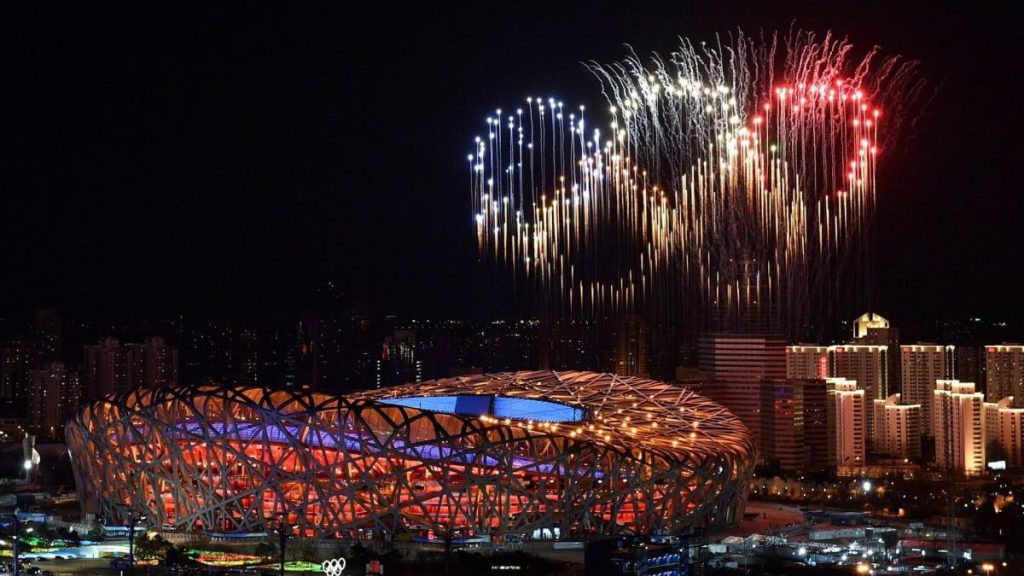
The Olympic Games leave an indelible mark on the host towns and countries. The Olympic Games need major infrastructure construction, urban regeneration, and investment in athletic facilities. Long-term advantages of these expenditures include improved transit networks, updated venues, and increased tourism infrastructure. The Games give a global platform for host towns to demonstrate their cultural legacy, architectural prowess, and hospitality, creating an impression on the international stage while benefiting local businesses.
Conclusion:
The Olympics illustrate the enormous influence of sports and culture on one another, resulting in a harmonic combination that celebrates variety while inspiring worldwide togetherness. Athletes from all over the world demonstrate their abilities while also showcasing their cultures, developing mutual tolerance and acceptance. The Olympics are a striking reminder that sports can unite people in a shared celebration of humanity’s collective achievements.

